Breadcrumb
- Home
- Archive & History
- History
- Notable Middle Templars
Archive & History
- Archive - Information & Access
- Archive of the Month
-
History
- The Knights Templar
- Beginnings & the Medieval Inn
- Middle Temple under the Tudors
- The Seventeenth Century - Fire & War
- The Eighteenth Century - Stagnation and Neglect
- The Nineteenth Century - Revolution and Revitalisation
- The Twentieth Century: Destruction and Renewal
- The Inn Today
- Notable Middle Templars
- Black Middle Templars: Past and Present
- Oral History Project
- Interactive 3D Historical Tour
Notable Middle Templars
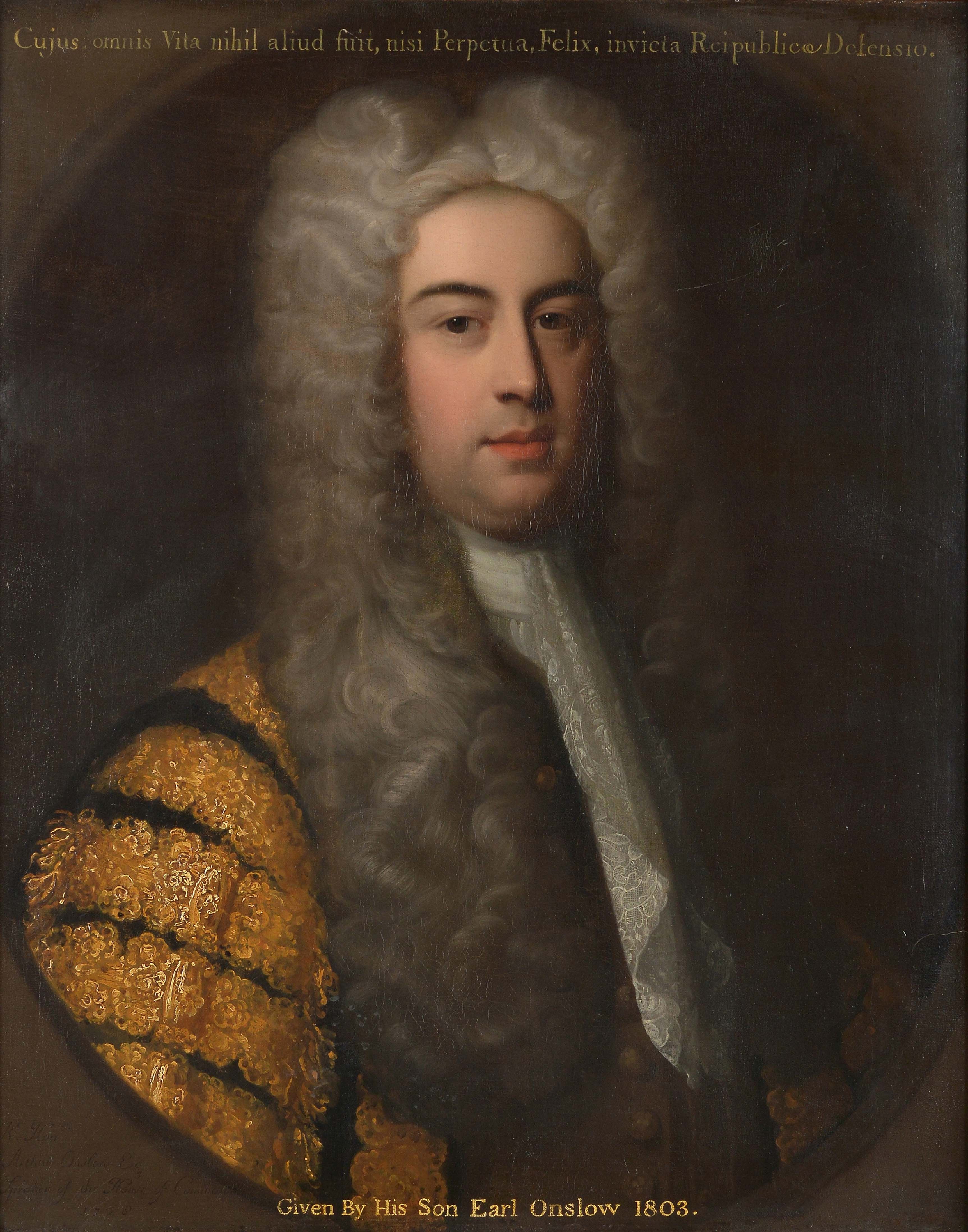
-
Speaker of the House of Commons of Great Britain
The longest serving Speaker of the House of Commons, Onslow served for 33 years, a tenure described as ‘distinguished by talents of the highest order, the most refined dignity, and a zealous watchfulness of the liberties and privileges of Parliament’. Born in 1691 and Called to the Bar at the Middle Temple in 1713, he was elected MP for Guildford in 1720 and then for Surrey in 1727. Elected Speaker in 1728, he was notable for his active and energetic defence of the rights of MPs and staunch observation of procedure. In 1753 persuaded Parliament to fund the acquisition of the Sloane collection and Harleian Library, collections which formed the nucleus of the British Museum. He served until his retirement in 1761.
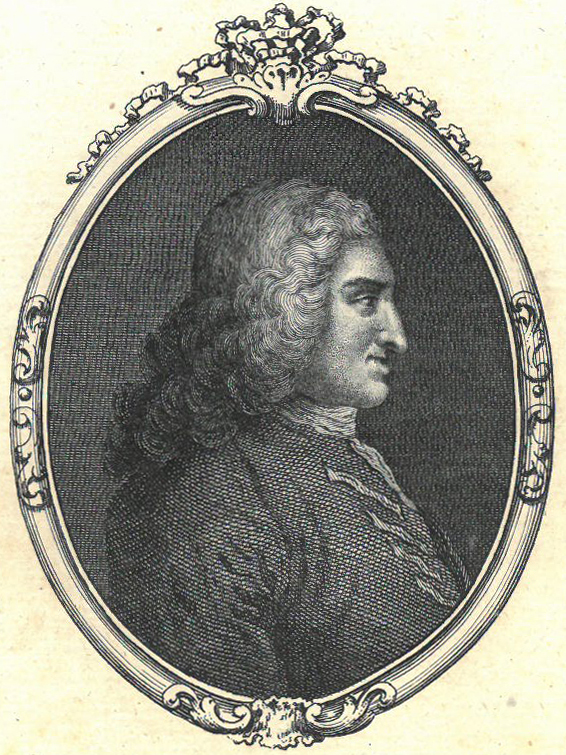
-
Novelist
Born in 1707 and educated in England and Leiden, Fielding started writing satirical dramas for the theatre in the late 1720s, but retired following the Theatrical Licensing Act of 1737 which limited the possibilities of this sort of work, and gained admission to the Inn in November of that year. Turning to the law as a way of supporting his wife and children, he was Called to the Bar in 1740 and practiced as a barrister. He took to writing novels in the 1740s, the most famous of which was Tom Jones. He also found time to be London's chief magistrate, in which position he founded the Bow Street Runners, said to be London's first police force, in 1749, and published numerous pamphlets on juridicial and humanitarian matters.
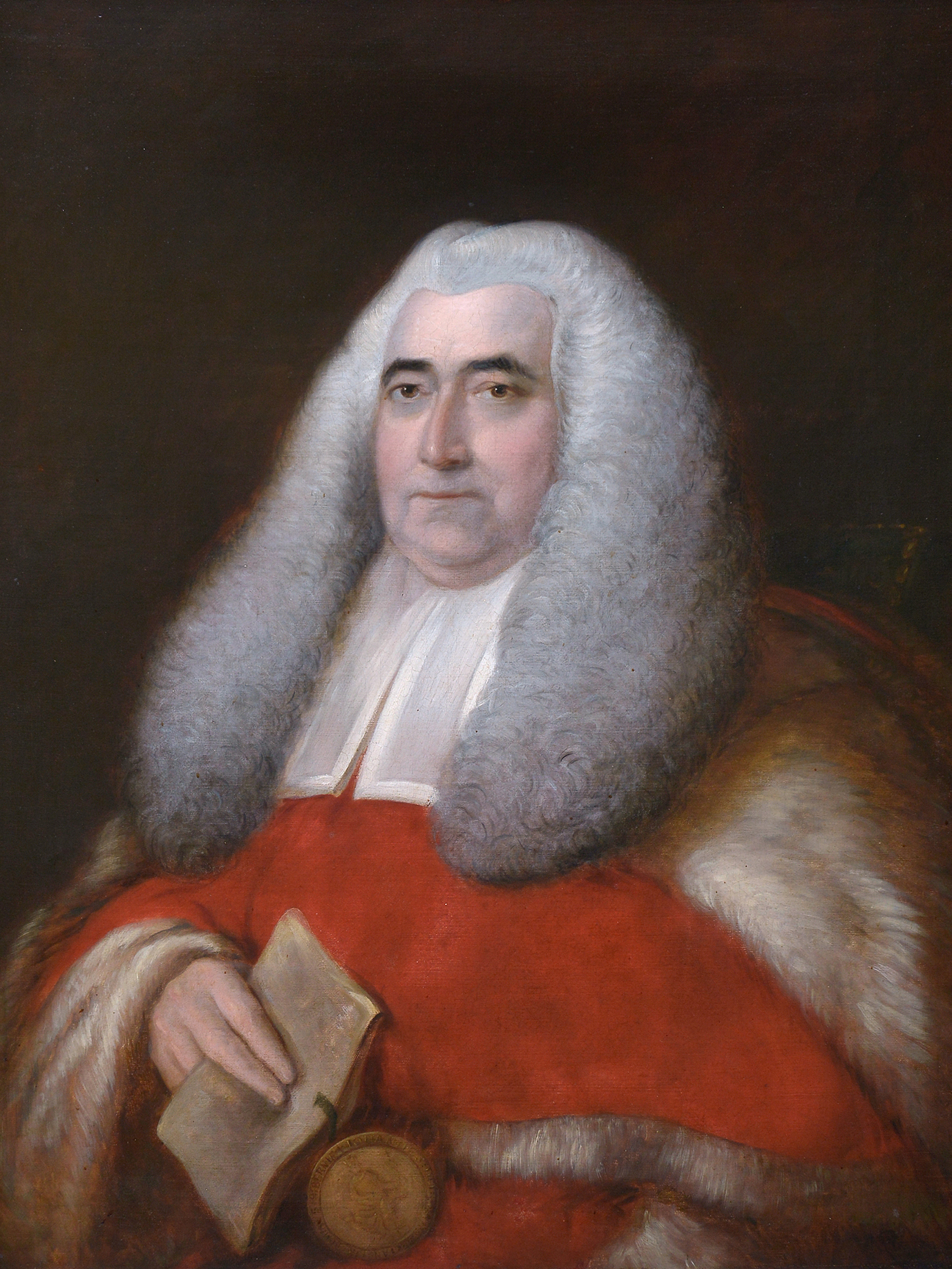
-
Jurist, judge and politician, author of The Commentaries on the Laws of England
William Blackstone was born in Cheapside in 1723 and was admitted to Charterhouse on the nomination of Sir Robert Walpole. At Oxford he studied Greek and Latin literature and architecture, but on admission to the Middle Temple in 1741 he devoted himself solely to the study of the law, being Called to the Bar in 1746. After involving himself in University administration back at Oxford, Blackstone began a course of lectures in 1753, which became immensely popular. He started publishing legal texts in 1756 and after seven years as Oxford's Vinerian Professor of English Law, published his masterly The Commentaries on the Laws of England in 1765, a work which made the common law readable and accessible for the first time and was required reading for students for decades to come. He was an opponent of slavery, stating that he believed it to be ‘repugnant to reason, and the principles of natural law’. He became a Serjeant-at-Law and Justice of the Common Pleas in 1770 and died in 1780.
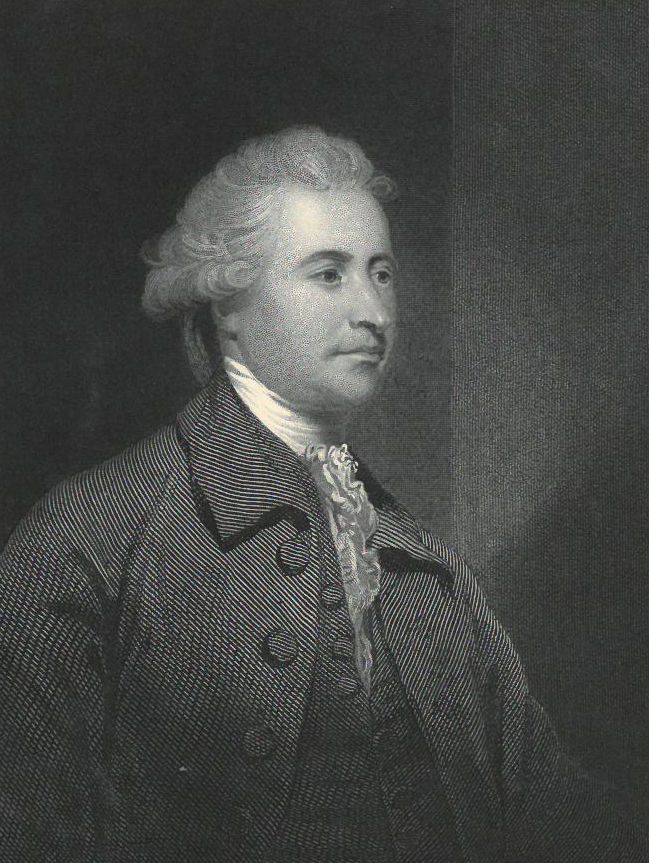
-
Statesman and man of letters
Edmund Burke, born in Dublin in 1729, is sometimes considered the father of modern British Conservatism. After graduating from Trinity College, Dublin, he travelled to London to take up the study of law, gaining admission to the Middle Temple. It was not long, however, until he abandoned his legal studies and set off to travel Europe. He began to publish philosophical and historical works and founded a political journal. Elected a Member of Parliament in 1765, Burke began a long career in the Commons. Over 1774 and 1775, he gave a number of speeches in support of the American Colonies and their grievances, appealing repeatedly for peace. In 1790, he published an influential pamphlet reflecting upon and criticising the French Revolution and died in 1797 at the age of 68.
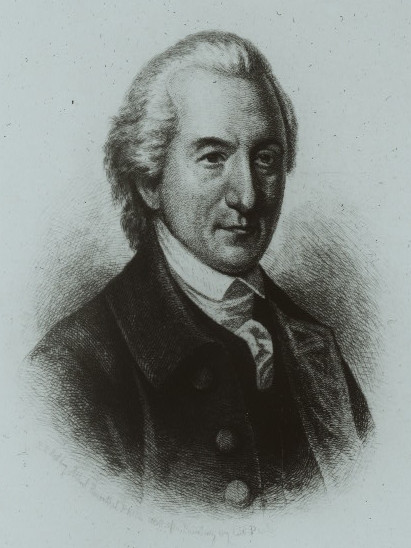
-
US Founding Father and 'Penman of the Revolution'
Born in Maryland in 1732 to a family of tobacco planters, John Dickinson studied law in Pennsylvania before travelling to London in 1753, where he was admitted to the Middle Temple, and returned in 1757 to practice at the Pennsylvania Bar. He was a delegate to the First and Second Continental Congresses in the 1770s, but was opposed to declaring independence in 1776, refusing to sign the Declaration once it was made. Dickinson was notable for freeing his slaves in 1777 and drafting the articles of Confederation. He served as President of Delaware and then of Pennsylvania and was instrumental in the drafting of the United States Constitution in the 1780s and 1790s.
© The New York Public Library
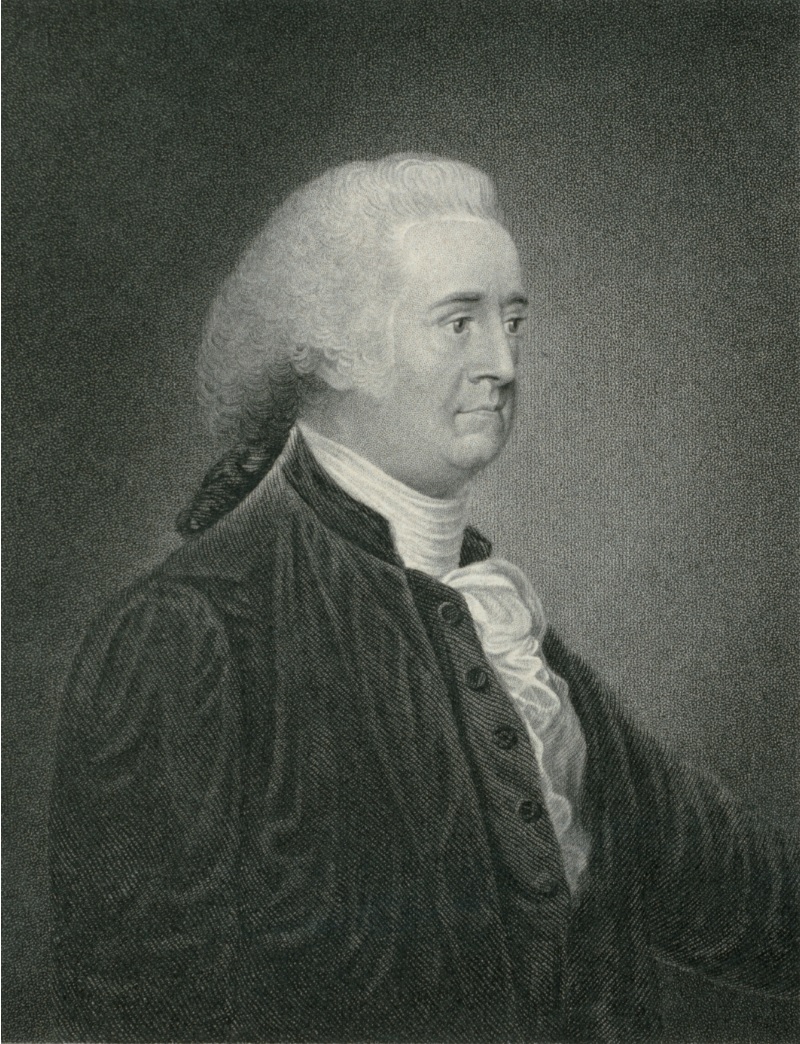
-
2nd Chief Justice of the United States of America, President and Governor of South Carolina
Born in Charleston, South Carolina in 1739, Rutledge was admitted to the Inn in 1754 and Called to the Bar in 1760, returning to South Carolina to begin a successful and lucrative career in the law. Elected to the first Continental Congress in 1774, he was elected President of South Carolina in 1776 and oversaw the defence of Charleston against British attack, later becoming Governor of the state under a revised constitution. His younger brother, Edward, was also a Middle Templar and one of the signatories of the Declaration of Independence.
After the Revolutionary War, he represented South Carolina at the first Constitutional Convention and was instrumental in drafting the Constitution, convincing the convention against the abolition of slavery (he himself owned sixty enslaved people at the outbreak of the Revolution). He later served in the newly constituted Supreme Court, and in 1795 Washington nominated him the second Chief Justice of the United States, but his nomination was rejected by the Senate.
© The New York Public Library
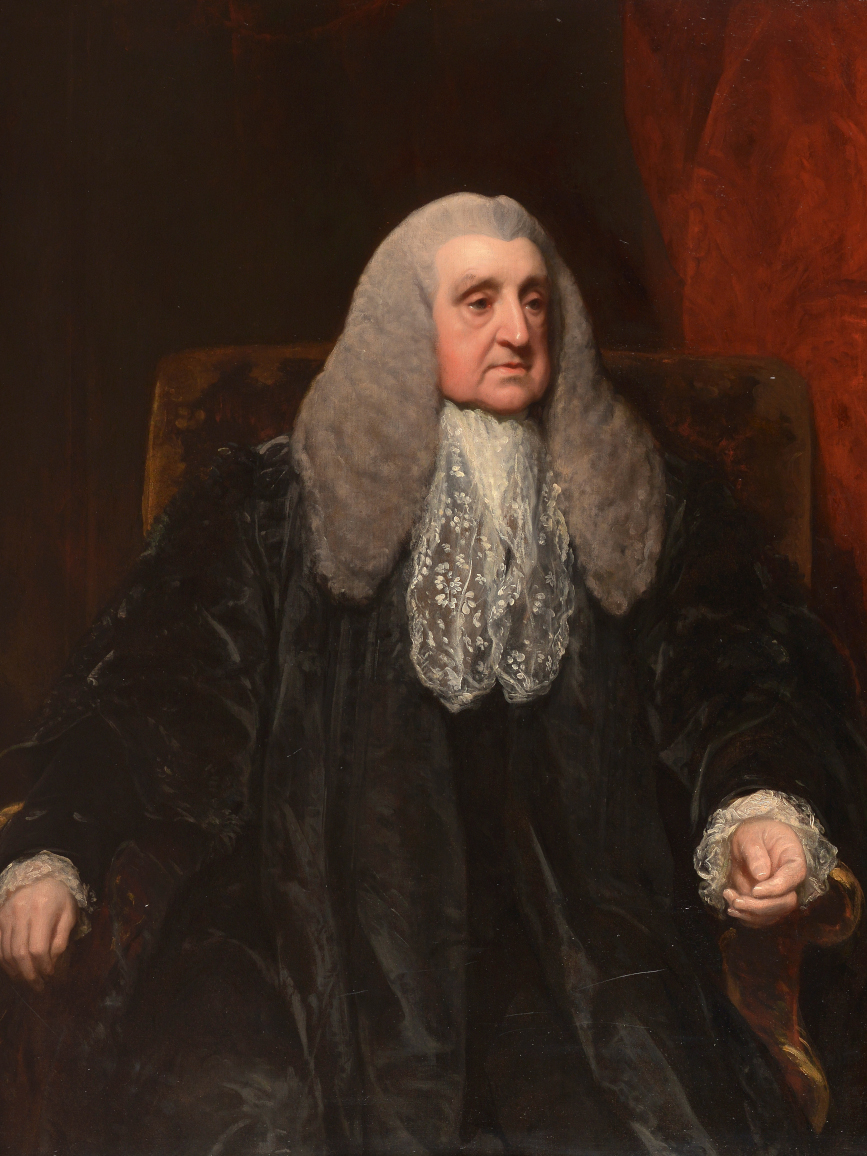
-
Judge of High Court of Admiralty and jurist
William Scott was born in Durham in 1745. His father was an ironmonger and his mother had fled Newcastle on the approach of Scottish rebels. After an education at Newcastle Grammar School and Oxford, he was Called to the Bar at the Inn in 1780. Rising quickly through the profession, he was appointed King's Advocate-General in 1787 and Judge of the Consistory Court in London in 1788. In 1798, Scott became Judge of the High Court of Admiralty, where he made his name and heard two particularly notable cases relating to the abolition of the slave trade. He also served as member of Parliament for the University of Oxford from 1801 to 1821 and was raised to the peerage in 1821. He retired from the Admiralty Court in 1828. Scott was Reader at the Inn in 1799, and its Treasurer in 1807. He was an abolitionist but upheld the letter of international law in regarding actions taken to supress the slave trade and advocated for remedies through international treaties. He was the elder brother of John Scott, 1st Earl of Eldon.
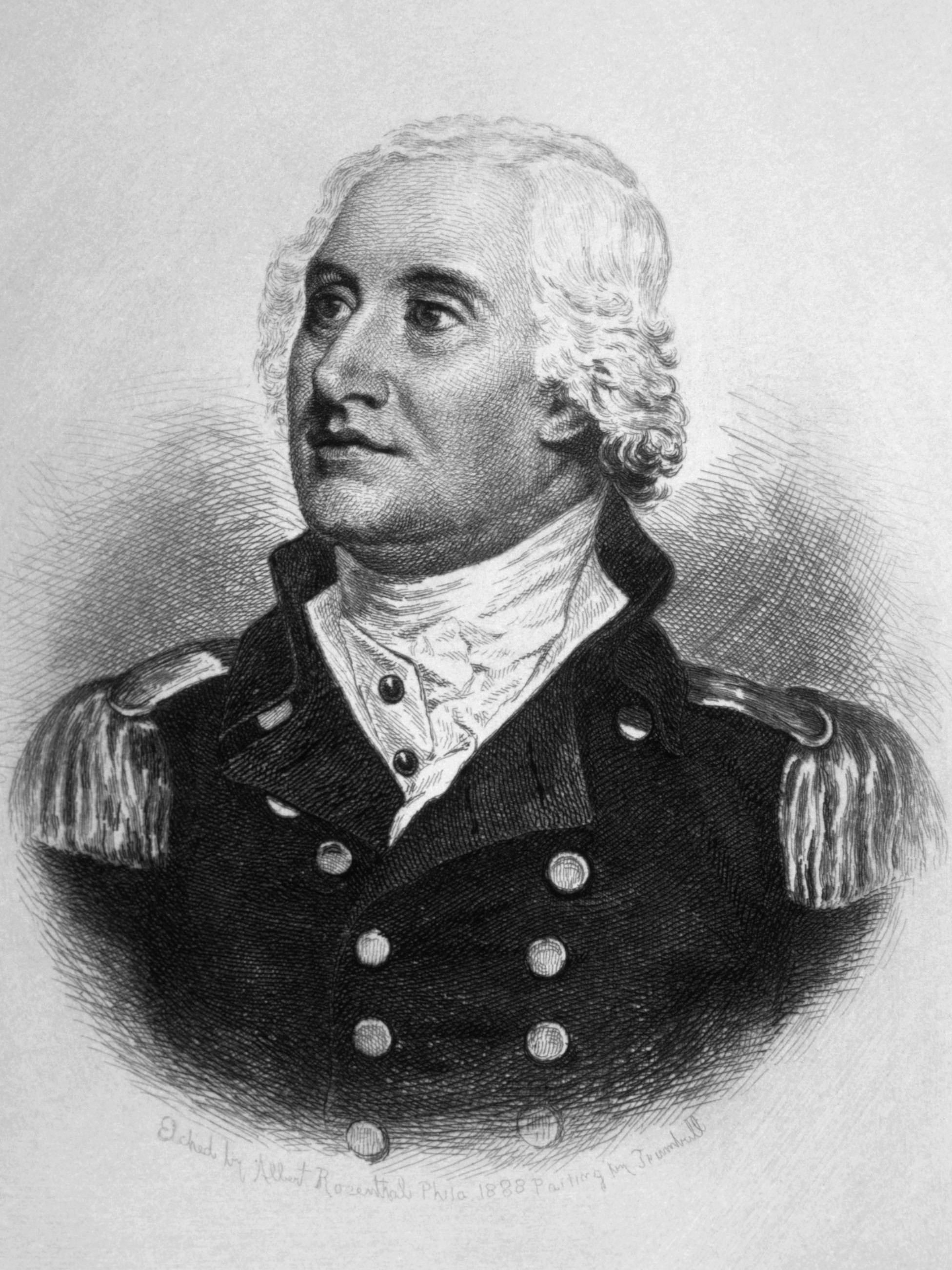
-
American statesman and revolutionary
Elder brother of Thomas Pinckney, Charles was born in Charleston, and travelled to Great Britain with his family at a young age. Following a spell at Oxford, he was admitted to the Inn in 1764, and Called to the Bar in 1769. Records survive in the Inn's Archive of his participation in exercises as a student. He returned to South Carolina a few years later and combined legal practice with involvement in colonial politics. On the outbreak of war, Pinckney joined the Revolutionary cause and took part in a number of significant engagements. These included the Siege of Savannah, the Battle of Brandywine and the defence of Charleston, the latter of which saw him taken prisoner by the British. Following the war, he returned to politics, standing (unsuccessfully) for President in 1804 and in 1808 as the Federalist candidate. A slave owner throughout his life, he opposed Rutledge’s attempts to end the importation of slaves on the basis of the reliance of the South Carolinan economy on slavery. He supported the abolition of the slave trade in 1808 but was opposed to emancipation.
© Shutterstock.com
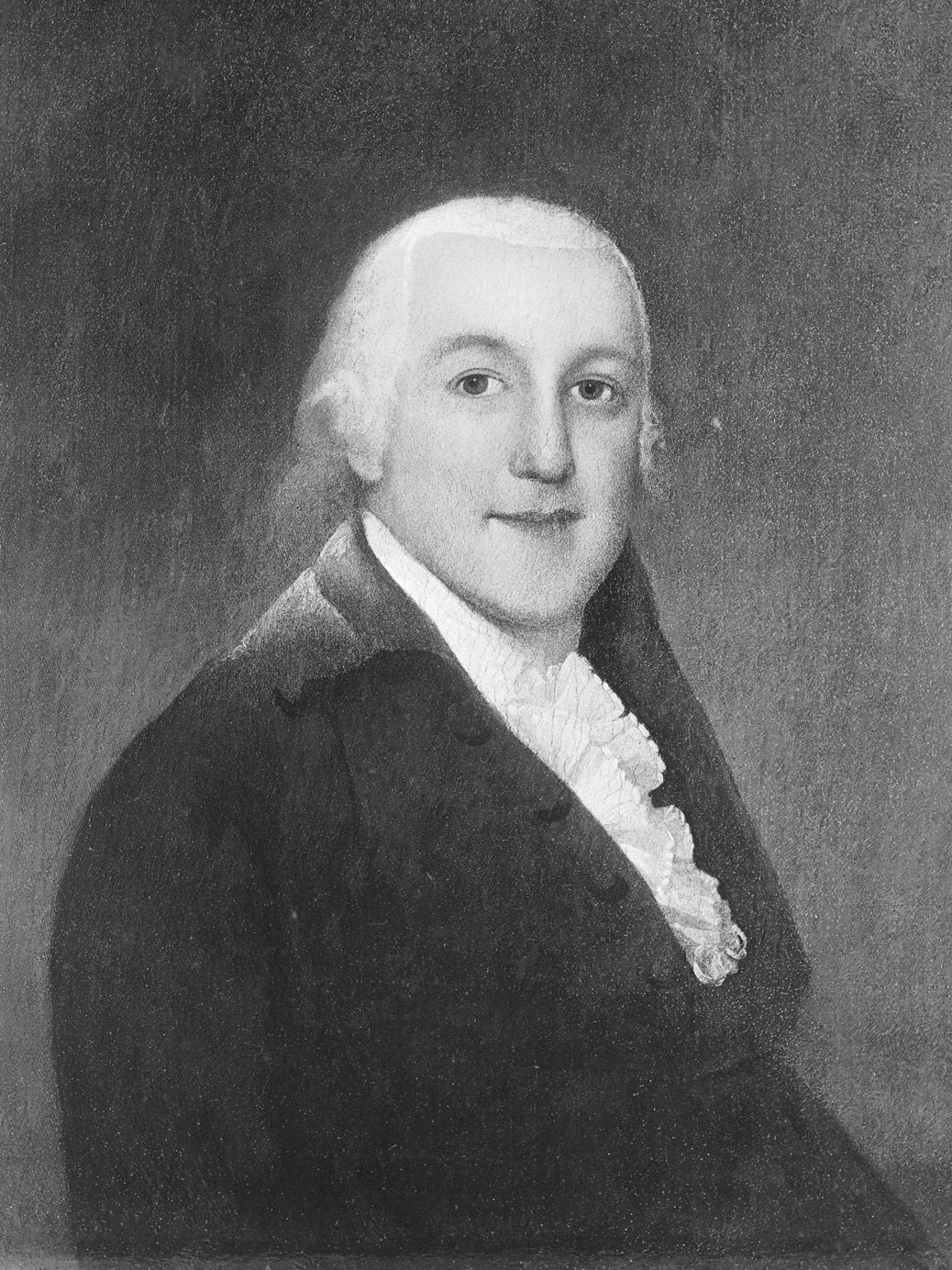
-
American statesman
Edward Rutledge was born in Charleston, South Carolina. He was admitted to the Inn in 1767 and was Called in 1772. Returning to Charleston, he became a successful lawyer in practice with Charles Cotesworth Pinckney and represented the colony at the Continental Congress. Rutledge was the youngest delegate to sign the Declaration of Independence and saw action before being captured in 1780. After the war, he served in state politics and was became his home state's governor in 1798. He died in 1800.
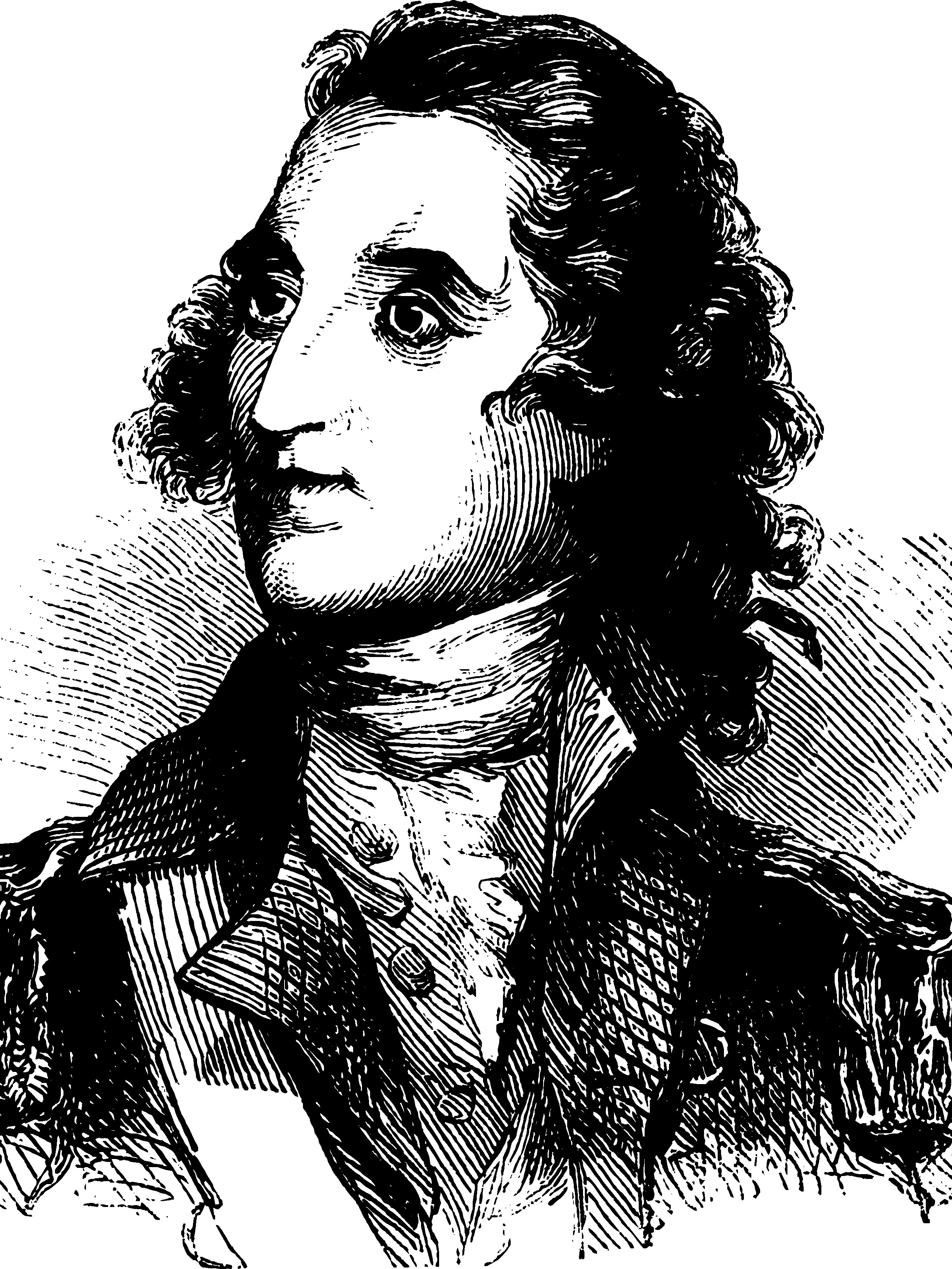
-
American statesman and revolutionary
Thomas Pinckney was born in Charleston, South Carolina, but at the age of three was taken by his father to Great Britain and remained there throughout his youth. He studied at Westminster and Oxford and was admitted to the Middle Temple at the age of eighteen. Pinckney was Called to the Bar in 1774, returned to South Carolina soon afterwards, becoming heavily involved in the Revolution. After the war, he served as Governor of South Carolina from 1787 to 1789, and in 1792 was appointed by President Washington as ambassador to Great Britain. He later served in the House of Representatives and as a Major-General in the war of 1812, dying in 1828 in his hometown of Charleston.
© Shutterstock.com
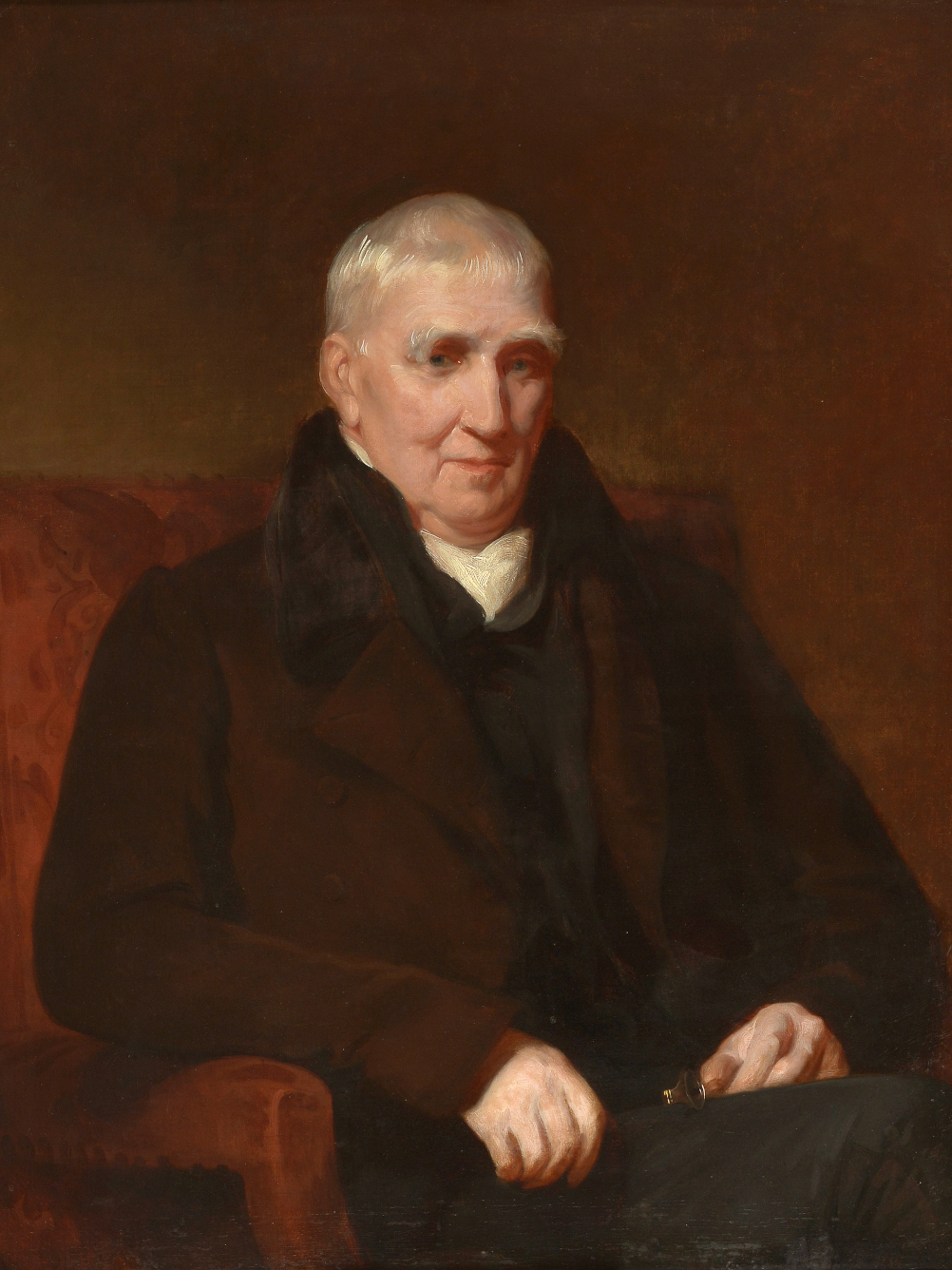
-
Barrister, politician and Lord High Chancellor of Great Britain
John Scott was born in Newcastle-on-Tyne in 1751. His father was an ironmonger and his mother had fled Newcastle on the approach of Scottish rebels. He was educated at Newcastle Grammar School and at University College, Oxford, where his elder brother William was a Fellow. Despite early academic promise he was obliged to give up his own fellowship (and his hopes of taking holy orders) on his elopement with Bessie Surtees and was forced to turn to the law. He was admitted to the Inn in 1773, Called in 1776, and rose to prominence in the 1780s, in part thanks to the support of his elder brother William. Scott was elected as Bencher of the Inn in 1783, serving as Reader in 1792 and Treasurer in 1797. He entered Parliament in the same year he was Benched, and soon rose to prominence under Pitt, becoming his Solicitor-General in 1788 and Attorney-General five years later. As Attorney-General he prosecuted Hardy, Horne Tooke and Thelwall for high treason, and was involved with the suppression of seditious writings and other political offences in that time of continental turmoil. He was made Lord Chancellor in 1801 and, excepting a brief intermission, held the position until 1827. He opposed the abolition of the slave trade in the House of Lords, as well as the emancipation of debtors and Catholics.
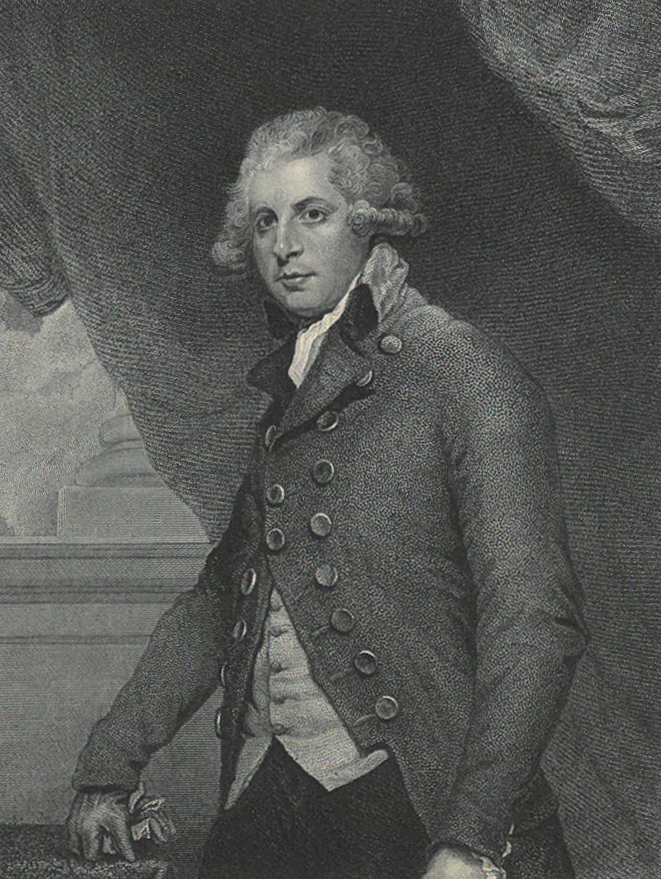
-
Orator, statesman and dramatist
Richard Sheridan was born in Dublin in 1751 and was educated at Harrow. As a young man he fought two duels for the honour of the singer Elizabeth Linley, who he went on to marry in 1773. It was allegedly the opposition of her friends and family to an engagement to a man with no prospects that induced him to join the Inn. His first comedy, The Rivals, was produced in 1775 at Covent Garden Theatre. Sheridan followed this with a succession of hugely popular plays and comic operas, including The School for Scandal, that were performed at the Drury Lane Theatre. He took over David Garrick’s shares in the theatre on the latter’s retirement in 1776, and took over full ownership two years later with the support of his father-in-law, Thomas Linley. Later in life he became a Member of Parliament and became known for his powerful oratory. Sheridan served as Treasurer of the Navy from 1806 to 1807. He died in poverty in 1816.
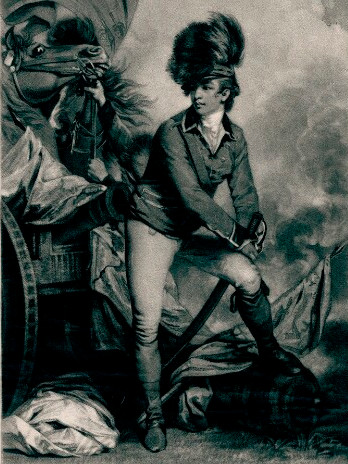
-
Soldier and politician, prominent in the American Revolutionary War
Banastre Tarleton, born in 1754 to a successful merchant, was admitted to the Inn in 1770, though he was never Called. Having burned through a large inheritance from his father, he became a cavalry officer at the age of twenty-one and sailed to North America with Lord Cornwallis to fight in the American Revolutionary War. He fought in a number of prominent engagements, including the Battle of Brandywine, and gained a reputation for ruthlessness and brutality, in part due to the alleged massacre of surrendering Continental soldiers at the Battle of Waxhaws. In later life, he served as an MP, becoming a significant Whig and supporter of the slave trade.
Sir Banastre Tarleton, Bt by Samuel William Reynolds, after Sir Joshua Reynolds. Mezzotint, published 1820 or after (1782). NPG D4350 © National Portrait Gallery, London. This image has been cropped and is licenced under a Creative Commons Attribution-NonCommercial-NonDerivs 3.0 Unported Licence.
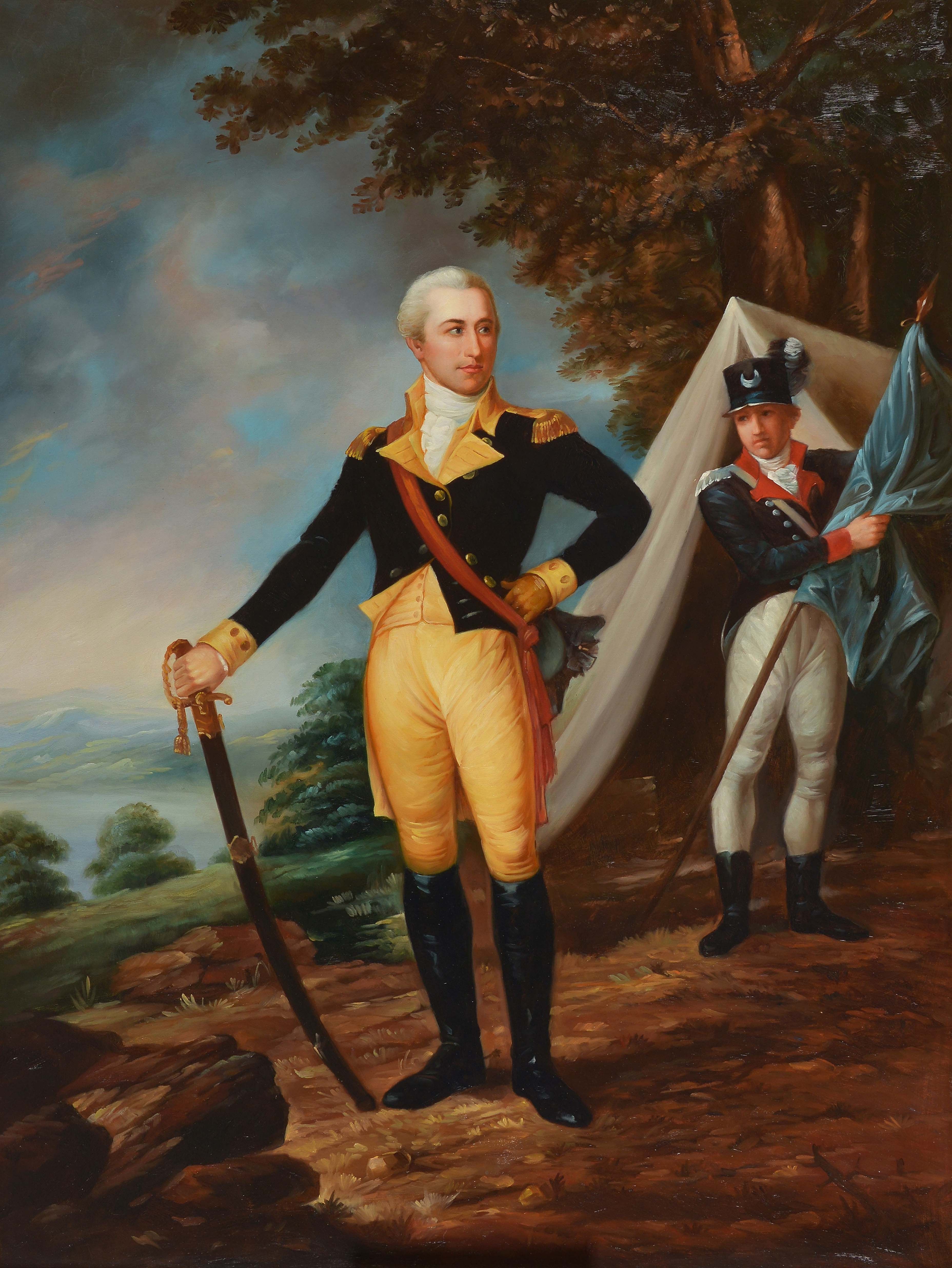
-
American statesman and revolutionary
John Laurens was born in 1754, the son of rice planters in South Carolina. He and his brothers were taken to London for their education and he was admitted to the Inn in 1772. He commenced his legal studies in 1774 and returned to South Carolina in 1776 to fight in the American Revolutionary War. In 1777, Laurens joined the Continental Army under George Washington, fighting at the Battle of Brandywine and being appointed an aide-de-camp to Washington alongside Hamilton and the Marquis de Lafayette. He fought at Charleston, Savannah and the Siege of Yorktown, before being killed at the Battle of the Combahee River in 1782. He is well known for his criticisms of slavery and promoting the idea of arming slaves and granting them freedom in return to military service, although his father’s wealth arose from his joint ownership of one of the largest slave trading houses in America.
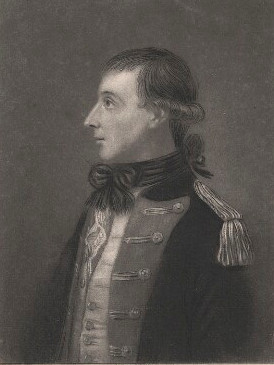
-
Irish revolutionary and 'Father of Irish Republicanism'
Known as Wolfe Tone, he was born in Dublin in 1763, and graduated from Trinity College, Dublin, in 1787, the same year he was admitted to the Inn – at the time it was a requirement to keep terms at an English Inn of Court before being able to practice at the Irish Bar. He shared chambers in Hare Court with his brother while a student, though confessed that after two years studying the Law 'I knew exactly as much about it as I knew of necromancy'. In 1789, Tone returned to Dublin and was Called to the Irish Bar. Following the outbreak of the French Revolution he became prominent in politics, forming the 'Club of the United Irishmen', a society aimed at a complete reform of the legislature of Ireland. Having failed to achieve this by constitutional means, he travelled to Paris in 1796, and negotiated the invasion of Ireland by Generals Lazare Hoche and Jean Joseph Humbert. Tone was taken prisoner during the failed invasion and condemned to death. He took his own life in prison in 1798.
Theobald Wolfe Tone by T.W. Huffam, after Unknown artist. Mezzotint, mid 19th century. NPG D13755 © National Portrait Gallery, London. This image has been cropped and is licenced under a Creative Commons Attribution-NonCommercial-NonDerivs 3.0 Unported Licence. https://creativecommons.org/licenses/by-nc-nd/3.0/legalcode
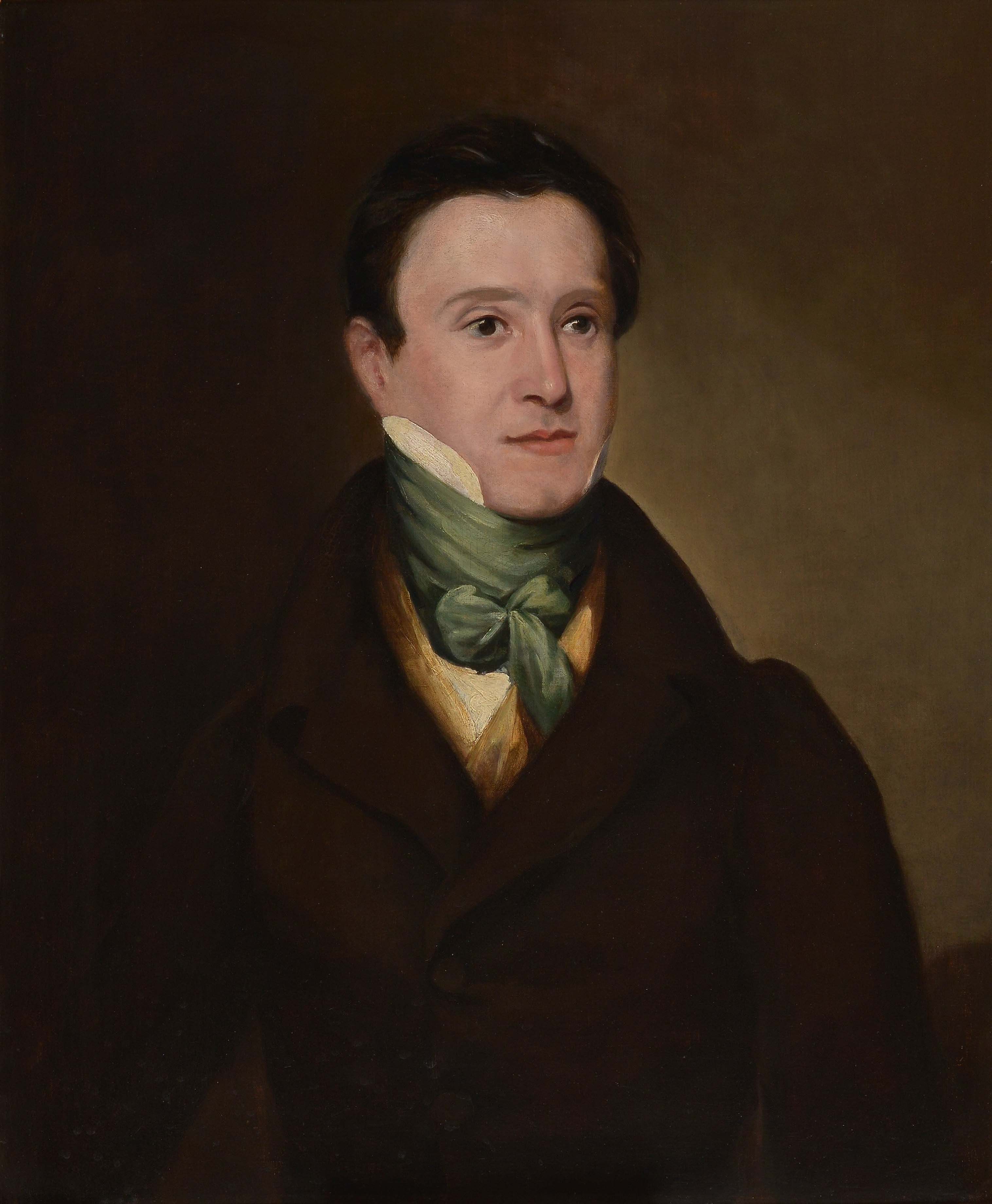
-
Judge, Radical politician and author
Sir Thomas Noon Talfourd, whose portrait hangs today in the Bench Apartments, was born in 1795, and joined the Middle Temple in 1813. He was Called to the Bar in 1821, and proceeded to a successful career as a judge and a Radical MP, as well as achieving note as a poet and playwright. A staunch abolitionist, Talfourd’s works Ion and The Athenian Captive used Ancient Greek settings to attack tyranny, autocracy and slavery.
He is known particularly as a supporter and friend of Charles Dickens – being one of the young author’s guarantors upon his own admission to the Inn in 1839. They were close for many years: Dickens dedicated The Pickwick Papers to his friend, and the two frequently socialised and holidayed together. Talfourd was also the proposer in Parliament of the Copyright Act, which was a cause close to Dickens’ heart. Dickens reportedly modelled David Copperfield’s Tommy Traddles upon Talfourd, and his children Kate and Frank (the latter also a Middle Templar) are said to have inspired the two characters so named in Nicholas Nickleby.
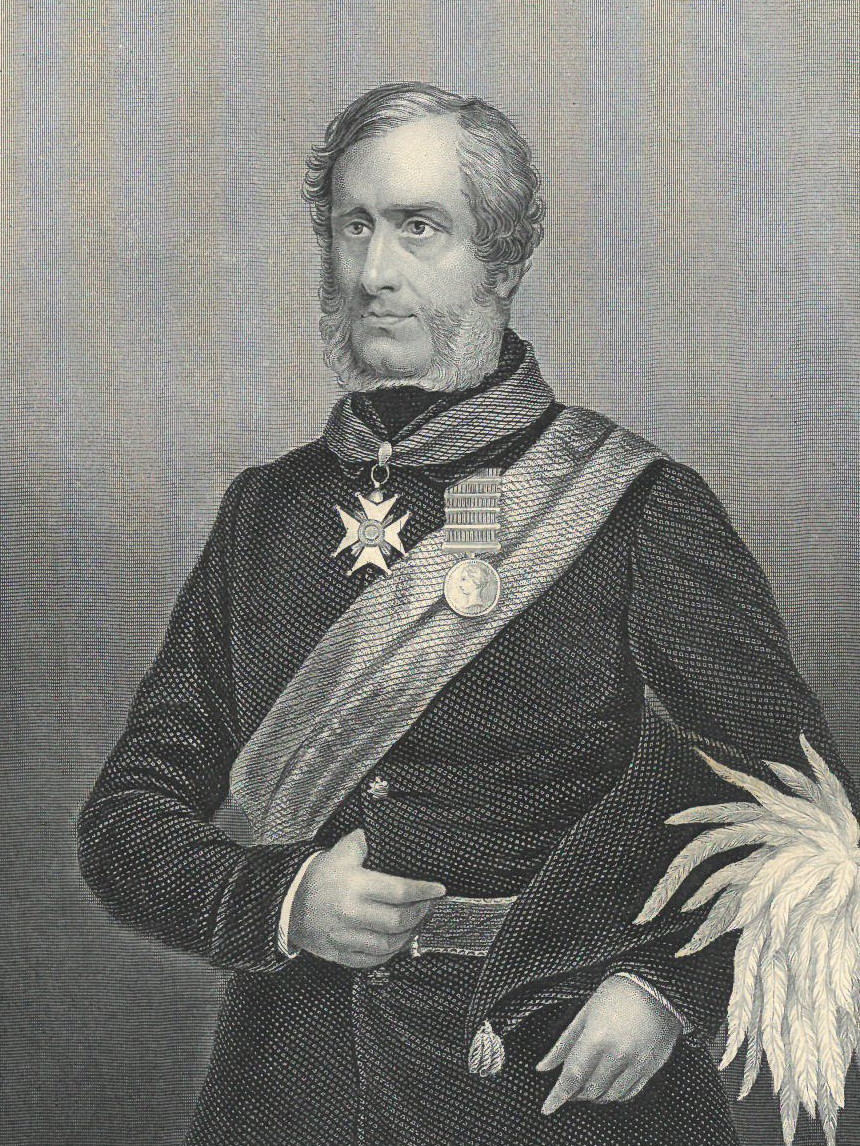
-
General, associated with India and the Mutiny of 1857
Henry Havelock was born in 1795 to a wealthy family and boarded at Charterhouse until the age of seventeen. He was admitted to the Middle Temple in 1813, but family problems and their financial consequences forced him to give up the law, and he joined the army as a Second Lieutenant in 1815. In the 1820s, Havelock served in the First Anglo-Burmese War and became a Baptist, having married the daughter of missionaries. He fought in the First Afghan War and was appointed Adjutant-General of the Indian Army in 1854. On the outbreak of the Indian Mutiny in 1857, he led a force to suppress the disturbances, recapturing Cawnpore and relieving the first siege of Lucknow. It was at Lucknow that he died of dysentery, his army having been besieged a few days later. Havelock gained a reputation as a military hero, but the brutality of his actions during the Indian Mutiny has made him a controversial historical figure.
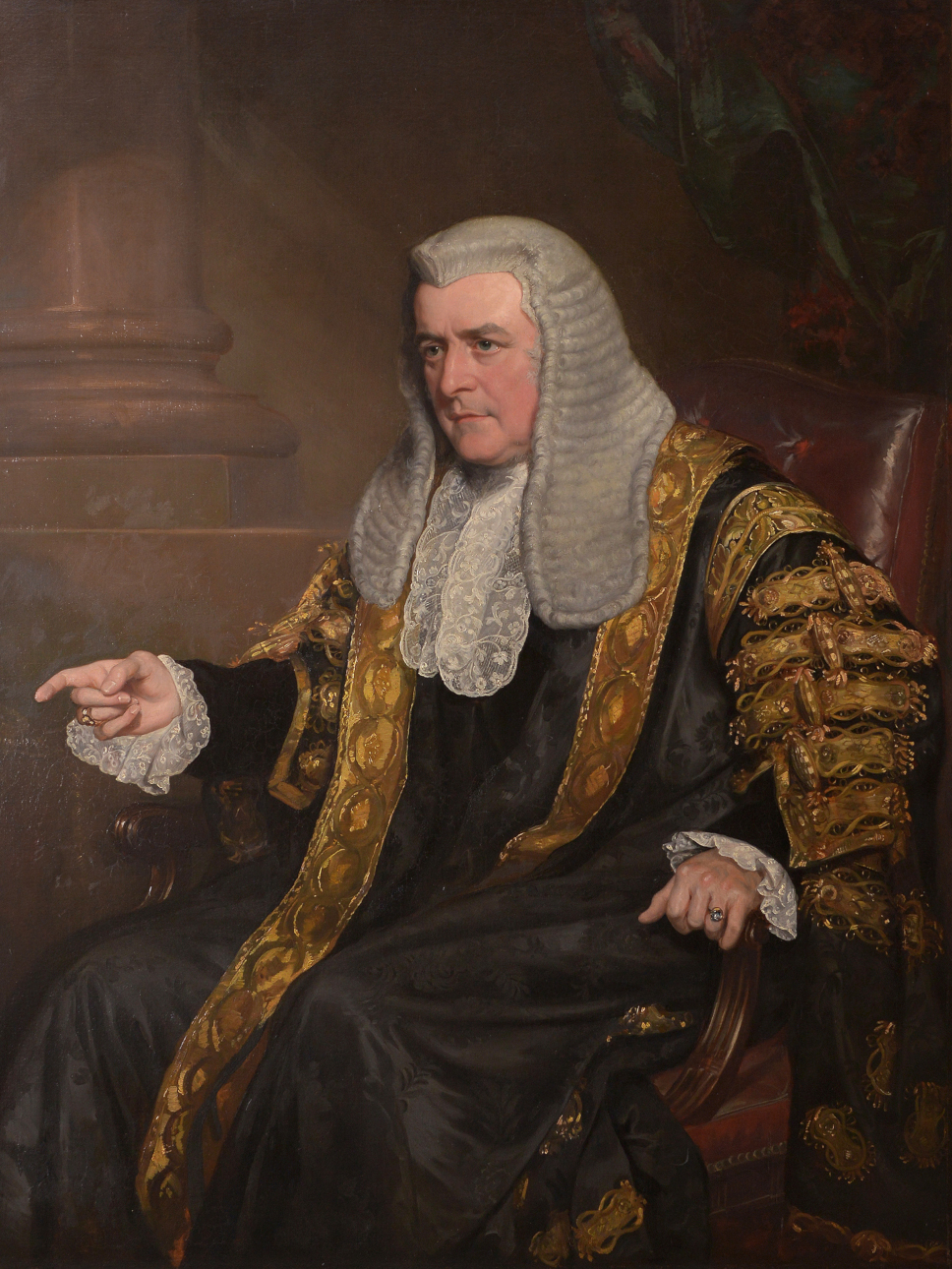
-
Lawyer, judge and legal education reformist
Richard Bethell was born in 1800 and found success in his classical and mathematical studies at Oxford. Admitted to the Inn in 1819, he was Called in 1823 and after a successful practice was made a Queen's Counsel in 1840. He served as Reader in 1844 and Treasurer in 1848. Elected MP for Aylesbury in 1851 as a supporter of the Liberal government, he was made Solicitor- and then Attorney-General, and in 1861 succeeded to the office of Lord Chancellor. Bethell was instrumental in the revolution in legal education during the middle decades of the 19th century.
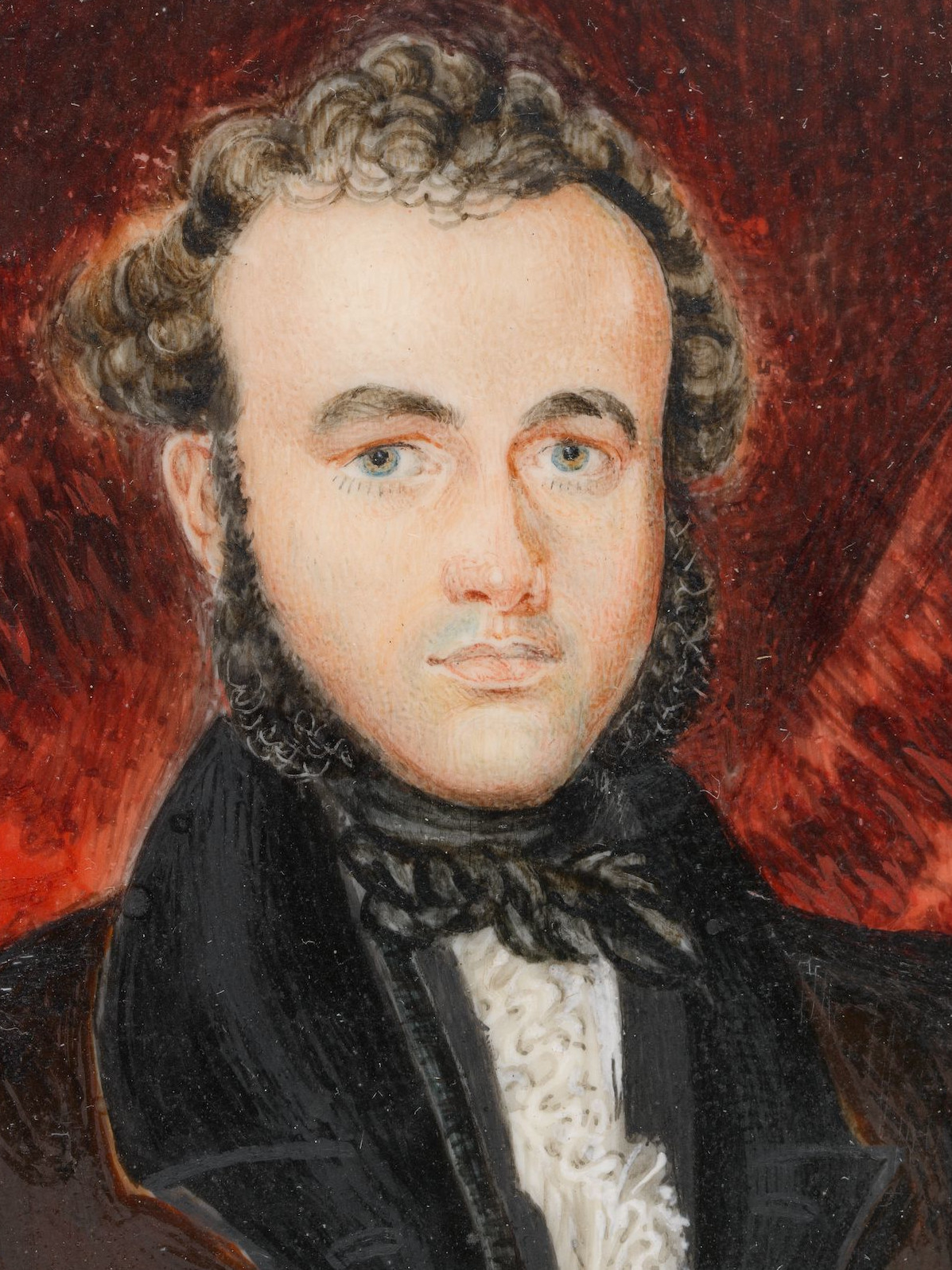
-
Journalist, barrister and Australian politician
Richard Windeyer was born in London in 1806, the son of a Parliamentary Reporter, and remained in London to follow in his father's footsteps when the rest of the family emigrated to Sydney. He was admitted to the Inn in 1829 and Called in 1834, shortly after which he followed his family to Sydney, making his name as a barrister in the years afterwards. Elected to the New South Wales Legislative Council in 1843, he became a prominent politician. Windeyer fought for the cause of the Aboriginal population and died as a result of anxiety and overwork in 1847.
Richard Windeyer 1830s by an unknown artist Collection: National Portrait Gallery, Australia. https://www.portrait.gov.au/portraits/2009%252E158/
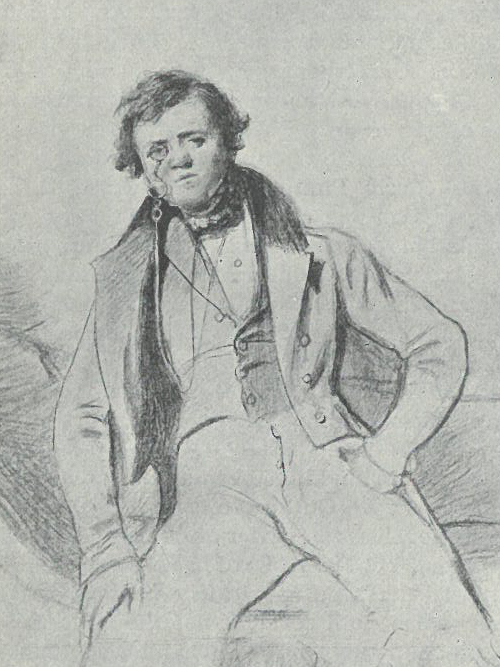
-
Novelist
Born in Calcutta in 1811, he was educated at Charterhouse and Cambridge, and was admitted to the Inn in 1831. He occupied chambers in Hare Court and read for the Bar, but described the legal curriculum as 'one of the most cold-blooded prejudiced pieces of invention that ever a man was slave to'. Nonetheless, he was eventually Called to the Bar in 1848, and occupied chambers in Crown Office Row until 1855. He had, however, been successful in the sphere of literature for some time by this point in his life, writing for The Times from 1838, and making his name as a novelist. He is best remembered today for writing Vanity Fair.
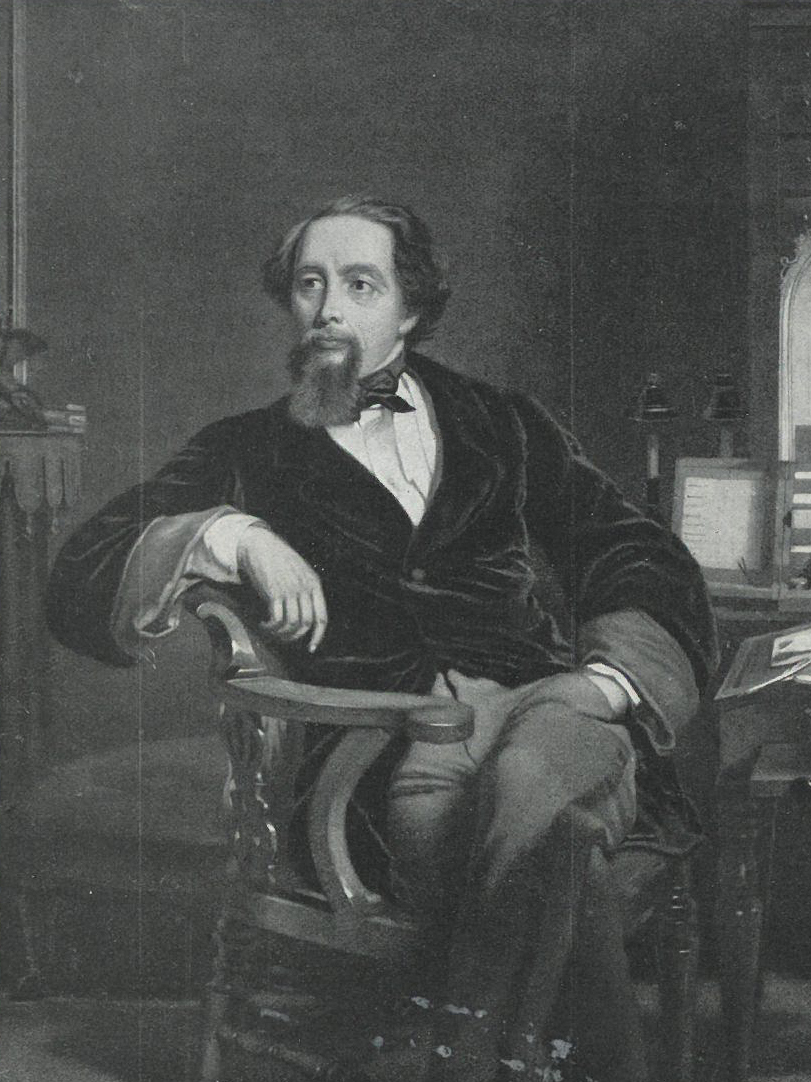
-
Novelist
Charles John Huffam Dickens is one of the world's best-known novelists, immensely popular in his lifetime and in the one and a half centuries since his death. Born in Portsmouth in 1812, he grew up in Kent and London. After a dalliance with the stage in his early twenties, Dickens took to writing and journalism. By the end of the 1830s he had published Oliver Twist, The Pickwick Papers and Nicholas Nickleby, and produced numerous great works over the following decades, many of them characterised by fierce social commentary and criticism of the poverty widespread in Victorian society. Dickens was admitted to the Inn in 1839 with the intention of reading for the Bar. His time at the Inn gave rise to descriptions of the dingy alleyways and dilapidated buildings in his works, and the bright, sparkling fountain that features at a key juncture in Martin Chuzzlewit. Despite his familiarity with the Inns of Court, and records indicating his having dined in Hall, he was never Called to the Bar, and eventually petitioned to withdraw from membership of the Inn in 1855.
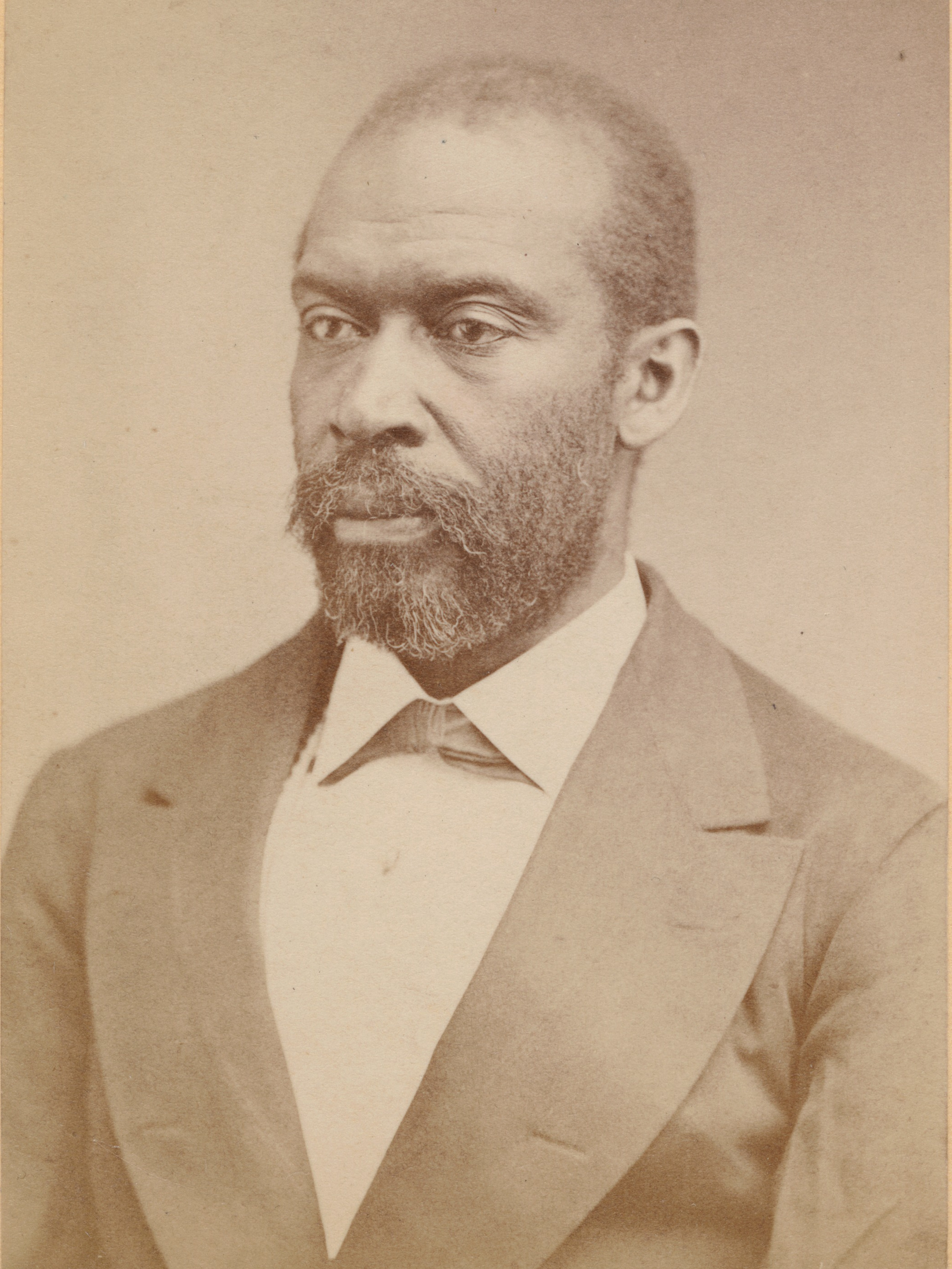
-
First African American at the English Bar, war correspondent and American Civil War soldier
Thomas Morris Chester was born in Harrisburg, Pennsylvania in 1834, the son of abolitionist campaigners, and was educated in Pittsburgh and Vermont, before travelling to work as a lawyer in Liberia. On the outbreak of the American Civil War in 1861 he returned to the US to serve as a recruiter of Black troops and as a war correspondent. Touring Europe after the war, he spent time at the court of Tsar Alexander II in St Petersburg as a representative of the Liberian government, before arriving in London and being admitted to the Middle Temple in 1867. He maintained an involvement with Liberian politics, requesting more than once to be Called to the Bar early on important business for the President. Called to the Bar in 1870, he became the first African American to practice at the English Bar. Chester returned to the US to practice law in 1871 and died in his hometown in 1892.
© The New York Public Library
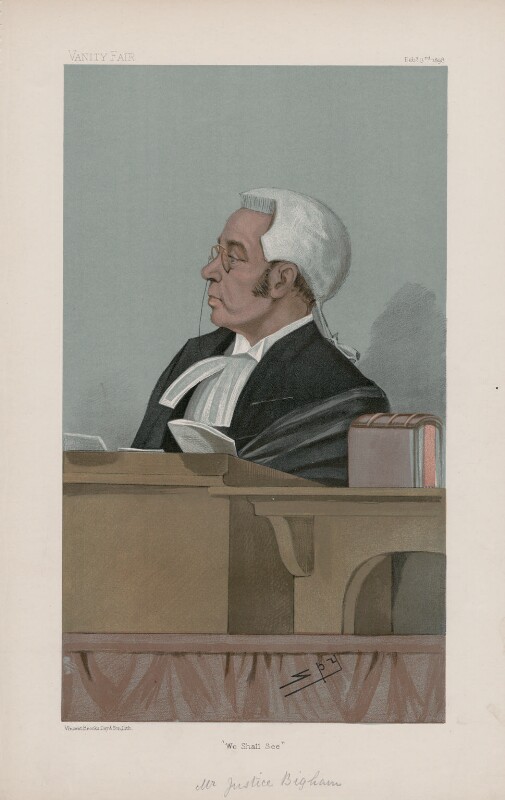
-
Judge and Liberal politician
John Bigham was born in Liverpool, the son of a merchant, and was educated at the Liverpool Institute High School for Boys and the University of London. Called to the Bar in 1870, he was made a QC in 1883 and built up a prosperous commercial practise. He was elected to Parliament in 1895 as a Liberal Unionist MP for a Liverpool constituency, although remained focussed on his legal career. Knighted and made a judge of the Queen’s Bench in 1897, he went on to become President of the Probate, Divorce and Admiralty division in 1909 and was raised to the peerage in 1910. He is best known for leading the inquiry into the sinking of RMS Titanic in 1912 and the RMS Lusitania in 1915. Despite deafness, he continued working into his old age, and returned to the bench in his eighties to assist divorce courts with a heavy backlog.
John Charles Bigham, 1st Viscount Mersey ('Judges. No. 51.') by Sir Leslie Ward. Chromolithograph, published in Vanity Fair 3 February 1898. NPG D44893 © National Portrait Gallery, London.
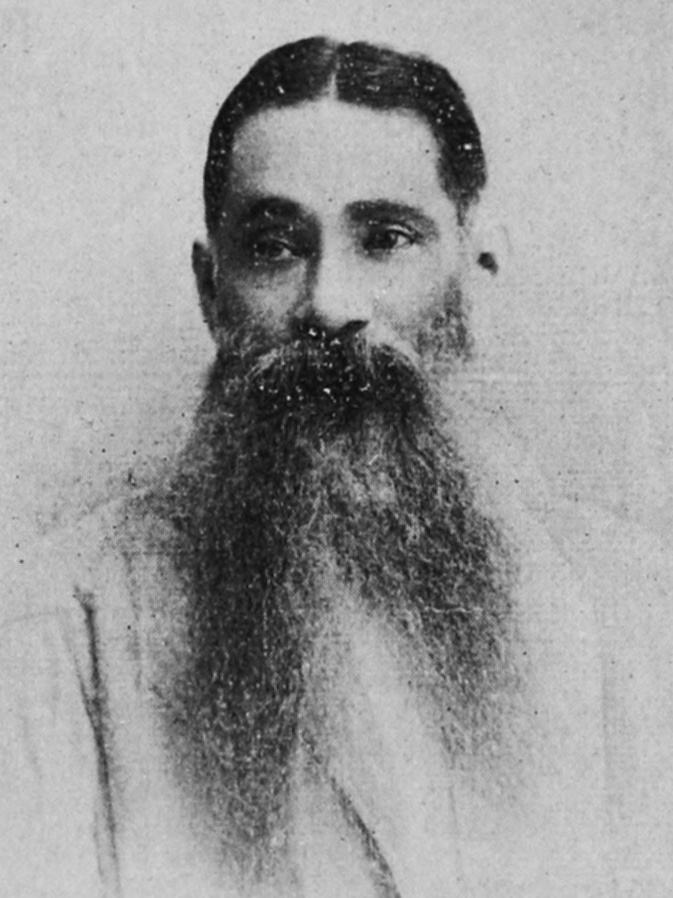
-
Co-Founder and first President of Indian National Congress
Womesh Chunder Bonnerjee was born in Calcutta (Kolkata), India, in 1844. After his Call to the Bar in 1867, he quickly became the most sought after barrister in the Calcutta High Court. He was the first Indian to act as a Standing Counsel, in which capacity he officiated four times - 1882, 1884, 1886-87. Bonnerjee presided over the first session of the Indian National Congress held in Bombay (Mumbai) in 1885. He was President for a second time in 1892. Bonnerjee also assisted in raising funds in India for a London Agency that had been established to propagate India's case in Britain in 1888. He also advocated for the establishment of a Royal Commission for the reduction of military expenditure and its just apportionment between Britain and India. Bonnerjee split his time between living in Britain and living in India and stood for election to the seat of Barrow and Furness in the British Parliament in 1892, but he did not succeed in his attempt. In 1902 he moved to Britain due to ill health and started practising before the Privy Council. He died in Croydon in 1906.
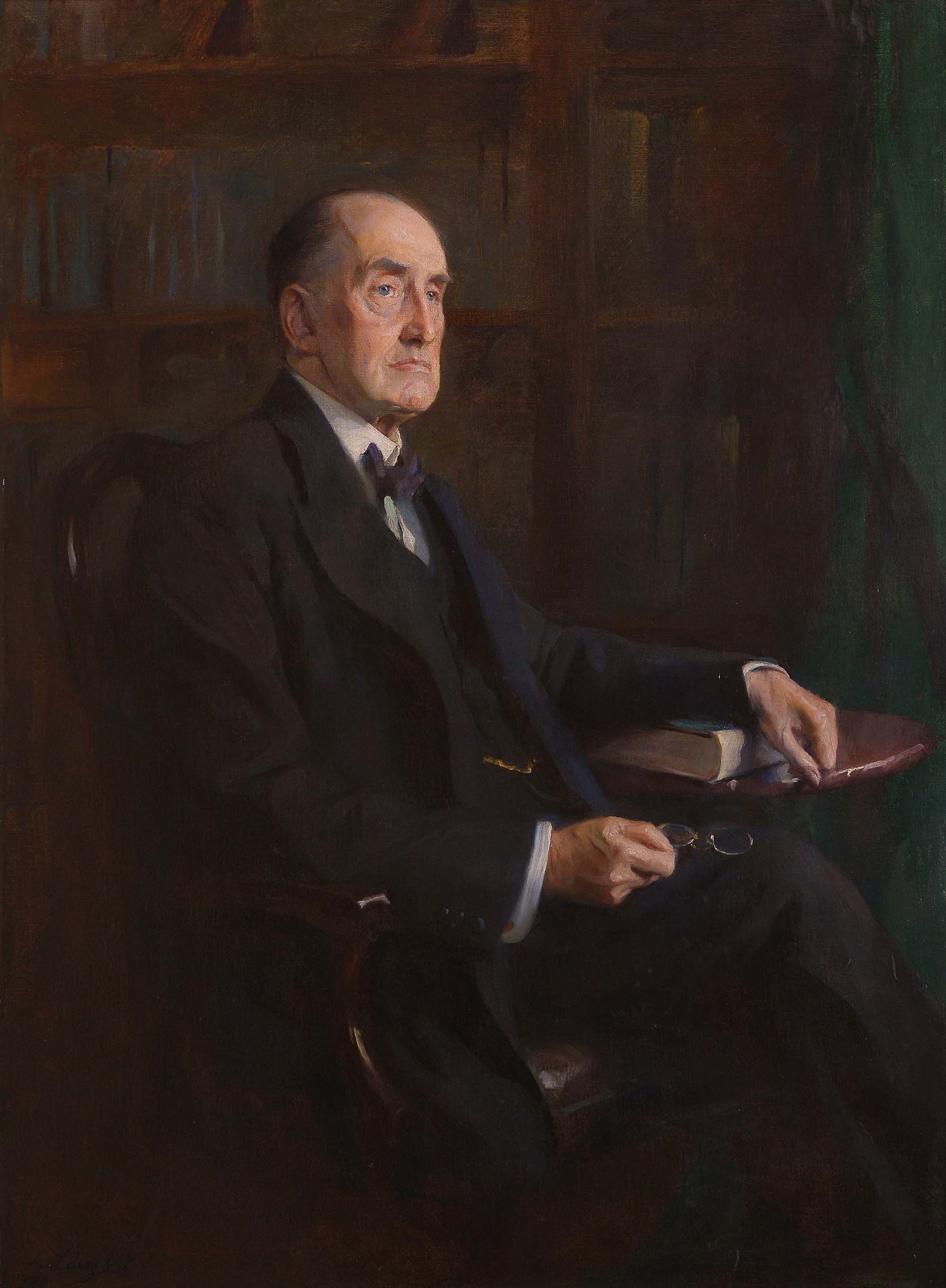
-
Irish Unionist politician, barrister and judge
Edward Carson was born in Dublin to a wealthy Anglican family, and read law at Trinity College Dublin before joining the Inn in 1875. He was Called to the Irish Bar at King’s Inns and soon made a name for himself as one of the most notable barristers in Ireland, being appointed QC in 1889 and Solicitor-General for Ireland in 1892. He was Called to the English Bar in 1893 and practised primarily in England from then on, being notable for his cross-examinations of Oscar Wilde in the latter’s criminal libel action which led to his eventual prosecution for gross indecency. In 1900, he was appointed Solicitor General for England, knighted and made a Bencher of the Inn.
A fierce opponent of Home Rule in Ireland during the 1910s, he became First Lord of the Admiralty in 1916 and was elevated to the British War Cabinet. In 1920, he was instrumental in the establishment of the Parliament of Northern Ireland and was invited by the Unionists to lead the party in an election to become the first Prime Minister of Northern Ireland, but declined. After his retirement in 1929, his portrait was painted for the Inn by the renowned society painter Philip de Lazslo. On his death in 1935 he was granted a state funeral in Belfast and is the only person to have been buried at St Anne’s Cathedral.
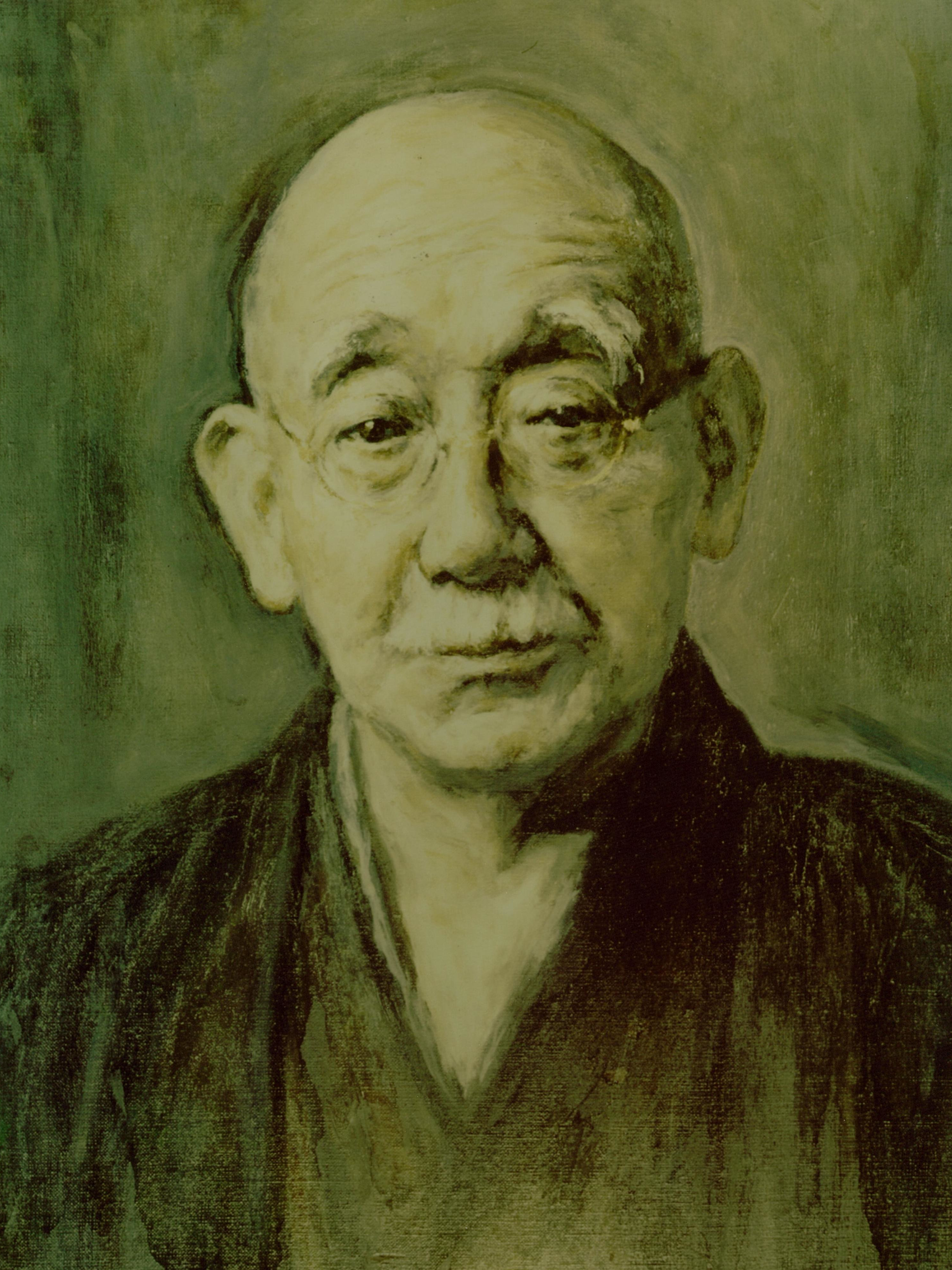
-
International lawyer and founder of Chuo University, Tokyo
Born in 1857, Rokuichiro Masujima studied law at the University of Tokyo. He was admitted to the Inn in 1881 at the age of twenty-three and and was Called to the Bar in 1883. Masujima returned to Japan to practice the law, and in 1885 founded the 'English Law School' in Tokyo, which went on to become Chuo University ('Chuo' meaning 'Middle' in Japanese), still a leading law school today. He also established the Sei-diu-Do Common Law Institute in Tokyo in 1934 in order to provide a library of the Common Law for Japanese students and promote knowledge of Anglo-American law in that country.
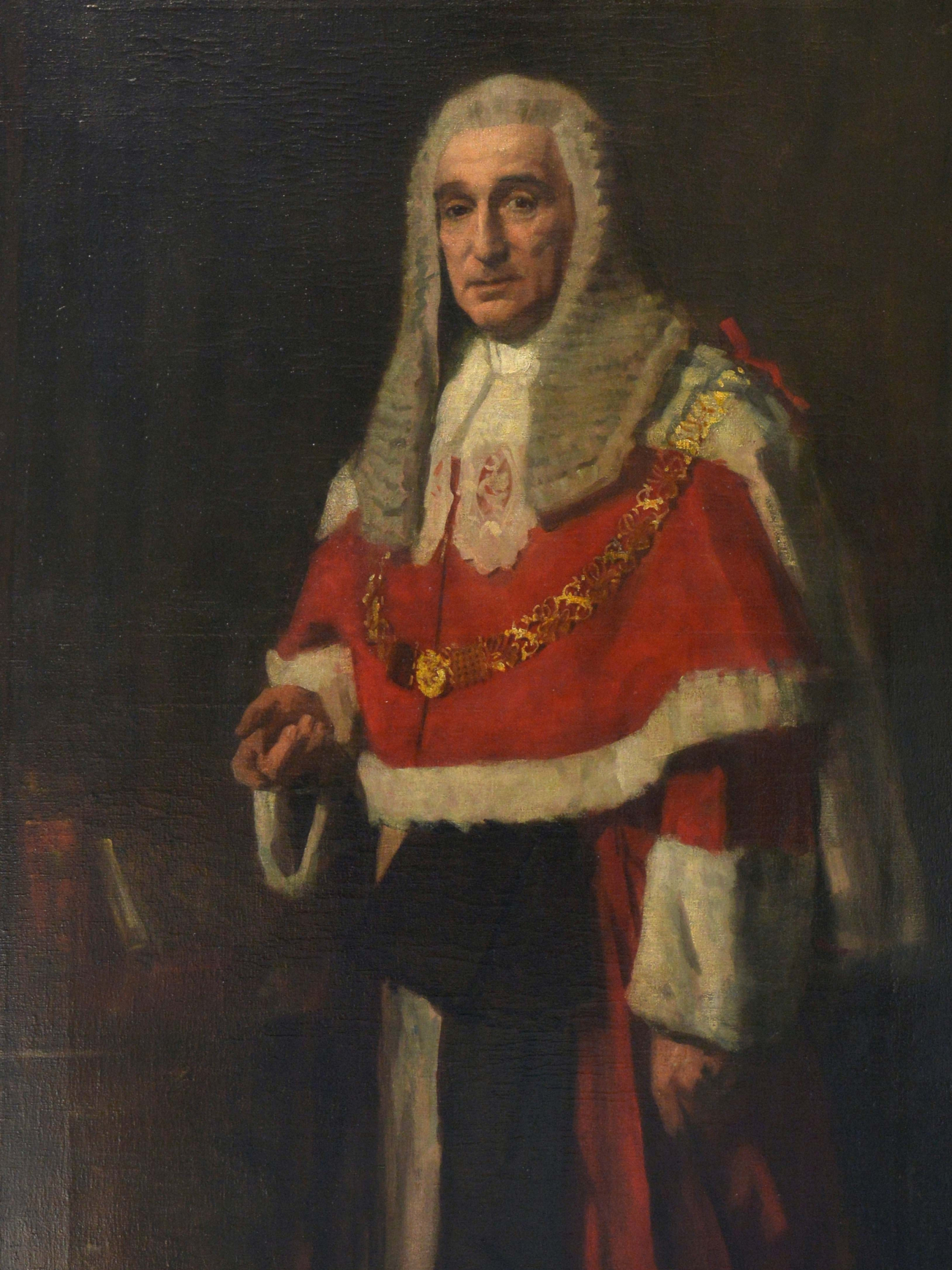
-
Lord Chief Justice of England, Viceroy of India and politician
Rufus Isaacs was born in 1860 to a Spitalfields fruit merchant, and after spells as a ship's boy and a jobber on the stock-exchange, was admitted to the Inn in 1885. After being Called in 1887, he went on to a career as a successful and well-known barrister, becoming a QC in 1898. Isaacs entered the Commons as a Liberal MP in 1904 and served as Attorney-General and Solicitor-General, becoming Lord Chief Justice in 1913. He served as Autumn Reader at the Inn in 1917, and in 1918 he was sent to Washington as the British Ambassador. In 1921 he was appointed Viceroy of India, a position in which he served until 1926. Isaacs was Treasurer of the Inn in 1927 and died in 1935.
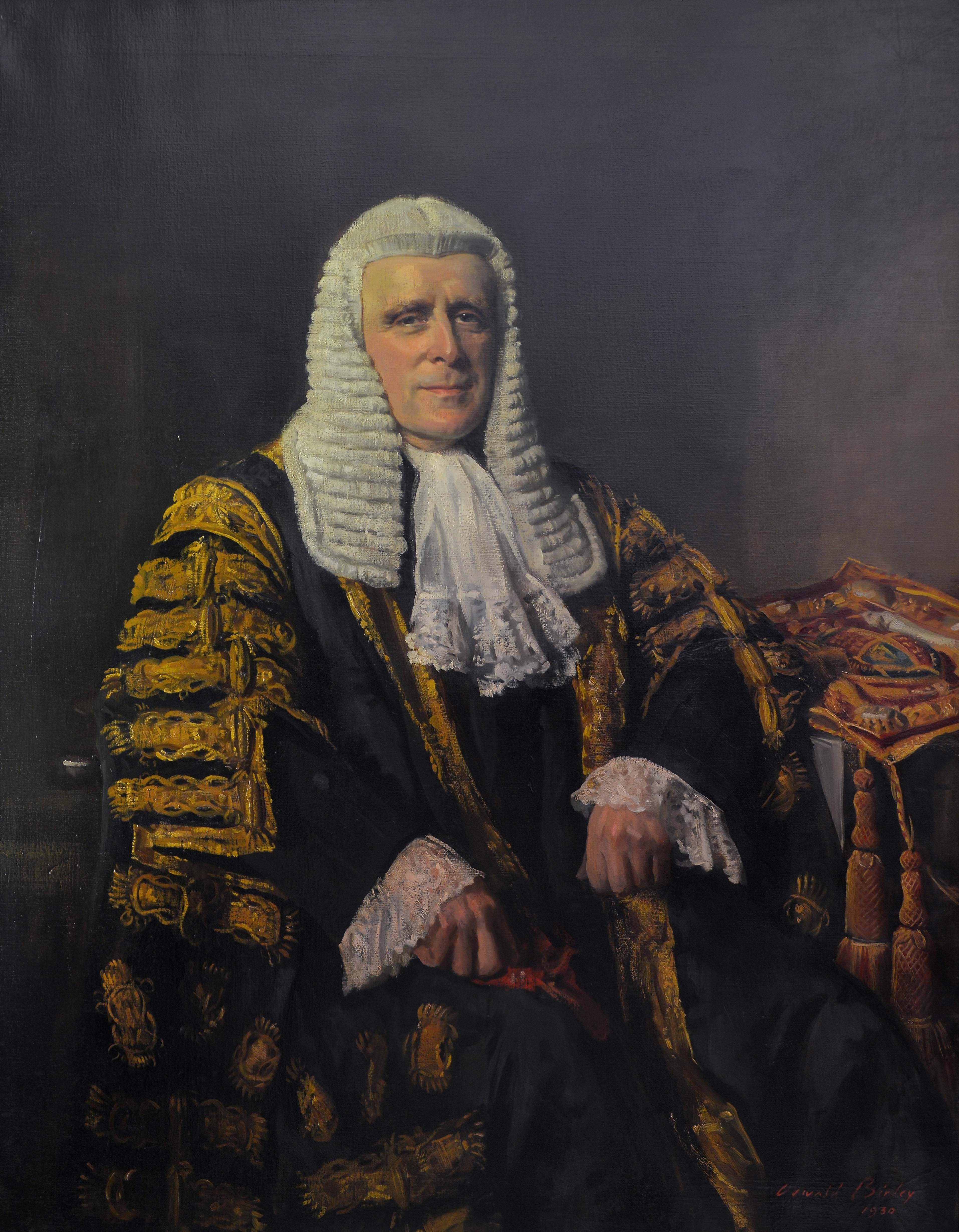
-
Judge, Labour politician and Lord High Chancellor of Great Britain
John Sankey was educated at Lancing College and Jesus College, Oxford, before being Called to the Bar in 1892. Appointed a KC in 1909 and a High Court judge in 1914, he went on to serve as Lord Chancellor between 1929 and 1935. He is remembered today for his landmark judgement setting out the ‘living tree’ doctrine which became the foundation of Canadian constitutional law, and for his chairmanship of the Sankey Committee, which produced the Sankey Declaration of the Rights of Man identifying eleven fundamental human rights. The Sankey Declaration was a notable influence on the 1948 Universal Declaration of Human Rights.
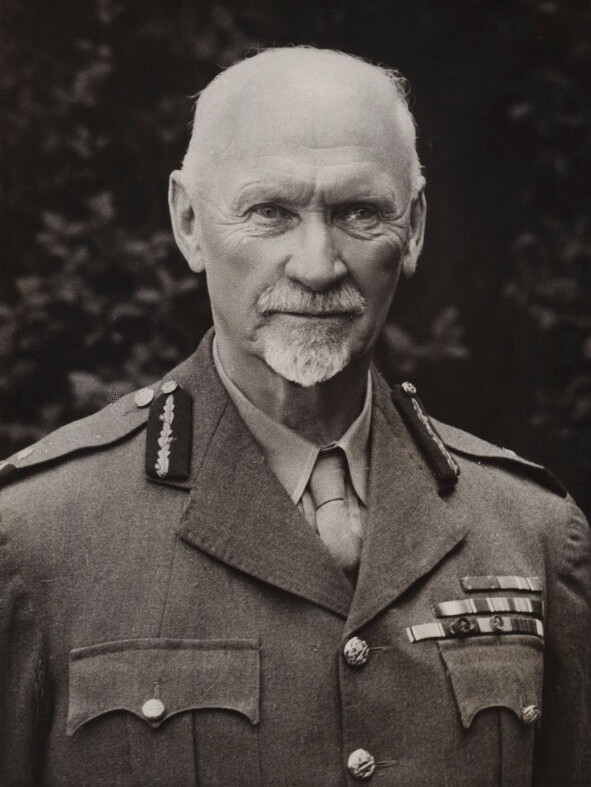
-
South African statesman and military leader
Jan Christiaan Smuts, future Prime Minister of South Africa, was born in 1870 in Cape Colony. Travelling to the United Kingdom after schooling, he matriculated at Cambridge, where he read Law. He graduated with a double First and was admitted to the Middle Temple to read for the Bar in 1892. It was not long, however, before he returned to Cape Colony, where he moved between law and the military over the next few years, finally becoming a cabinet minister in the newly constituted Union of South Africa in 1909. In 1917, Smuts was elected an Honorary Bencher of the Inn and had a distinguished record of service during World War One. After the war he returned to South Africa where he was elected Prime Minister in 1919, serving until 1924 but taking the office once again in a wartime coalition government in 1939. While initially a supporter of racial segregation, Smuts began to oppose it over time, a position which contributed to his political downfall in 1948. He died in 1950.
Jan Christian Smuts by Bassano Ltd. Bromide print, 1947. NPG x84808 © National Portrait Gallery, London. This image has been cropped and is licenced under a Creative Commons Attribution-NonCommercial-NonDerivs 3.0 Unported Licence. https://creativecommons.org/licenses/by-nc-nd/3.0/legalcode
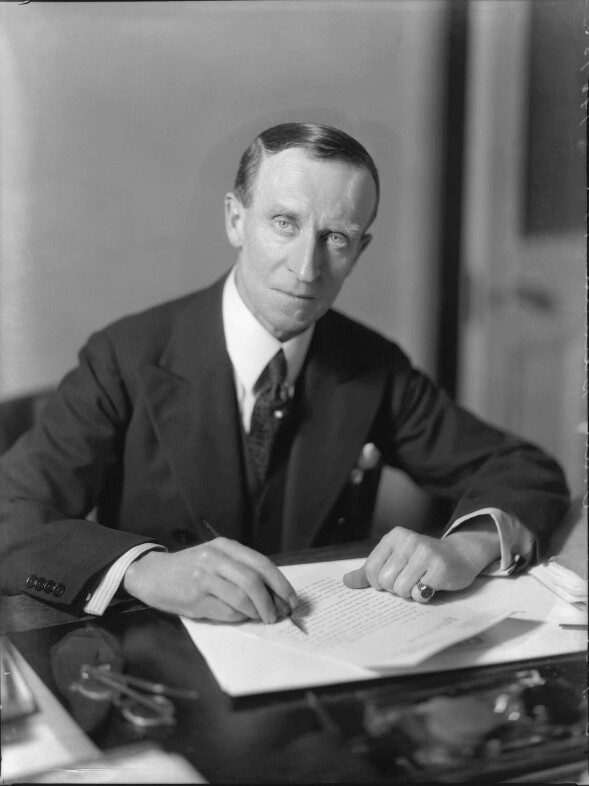
-
Novelist, historian and politician
John Buchan, born in Perth, Scotland in 1875, was a politician, novelist and historian, perhaps best-known today as the author of The Thirty-Nine Steps. He was admitted to the Inn in 1897, and lived in Brick Court and Temple Gardens, becoming the pupil of John Hamilton and Sydney Rowlatt. He initially failed his Bar exams but passed in the summer of 1901 and was Called to the Bar in June. After work involving the reconstruction of South Africa after the Boer War, he returned to the Inn in 1903 and made a name as a specialist in tax cases, publishing a significant textbook on the subject. He became editor of The Spectator in 1906, and began publishing adventure novels, including Prester John and The Thirty-Nine Steps. He also turned his literary talents to writing propaganda during World War One and became Director of Information in 1917. He established himself as an active Member of Parliament, and in 1935 was made Governor General of Canada, a position he held until his death in 1940.
John Buchan, 1st Baron Tweedsmuir by Bassano Ltd. Whole-plate film negative, 3 April 1935. NPG x81241 © National Portrait Gallery, London. This image has been cropped and is licenced under a Creative Commons Attribution-NonCommercial-NonDerivs 3.0 Unported Licence. https://creativecommons.org/licenses/by-nc-nd/3.0/legalcode